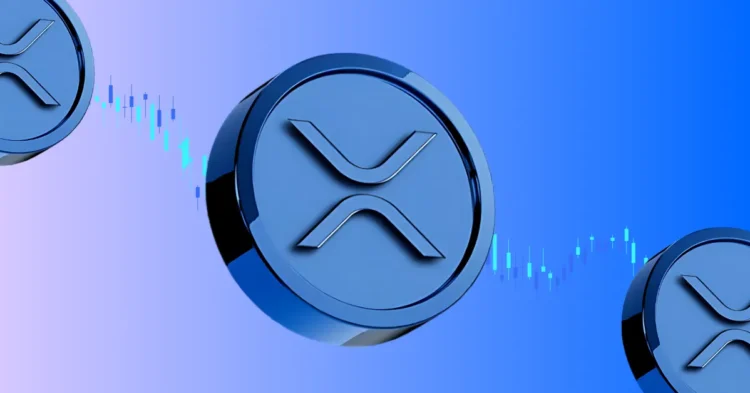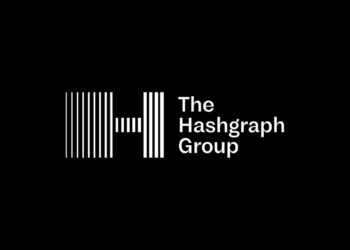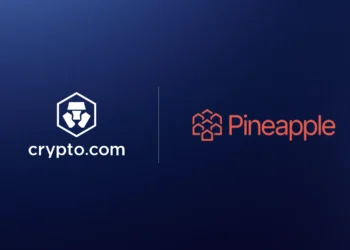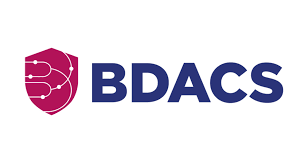Quick Breakdown
- DBS, Franklin Templeton and Ripple partner to launch tokenized trading and lending on the XRP Ledger.
- sgBENJI and RLUSD will be listed on DBS Digital Exchange, enabling 24/7 stablecoin-to-fund trading.
- The initiative taps into growing institutional demand for regulated, onchain investment products.
Institutional push into tokenized finance
DBS, Franklin Templeton and Ripple have joined forces to roll out tokenized trading and lending services for institutional investors. The new initiative, announced Thursday, is built on the XRP Ledger and leverages tokenized money market funds and stablecoins to help investors navigate market volatility.
Introducing the next building block of onchain markets – we’re partnering with @DBSbank and @FTI_Global to establish repo markets powered by tokenized collateral and stablecoins: https://t.co/vFTL32XO8C
Investors will be able to use $RLUSD to trade for Franklin Templeton’s money…
— Ripple (@Ripple) September 18, 2025
The three firms signed a memorandum of understanding (MOU) to enable investors to shift seamlessly between stablecoins and yield-bearing assets. According to Lim Wee Kian, CEO of DBS Digital Exchange, the move reflects a growing need for “borderless 24/7 solutions” in the digital asset space.
Tokenized fund meets Ripple stablecoin
As part of the rollout, DBS Digital Exchange (DDEx) will list sgBENJI, a tokenized version of Franklin Templeton’s U.S. Dollar Short-Term Money Market Fund, alongside Ripple USD (RLUSD). This pairing enables clients to trade between RLUSD and sgBENJI at any time, facilitating quick portfolio rebalancing and yield opportunities during uncertain market conditions.
In the next phase, DBS will allow clients to use sgBENJI as collateral to unlock credit via repurchase agreements or lending platforms, with the bank acting as collateral agent. Franklin Templeton will issue sgBENJI directly on the XRP Ledger, citing its speed and low transaction costs.
Ripple: A “Game-changer” for capital efficiency
Ripple’s Nigel Khakoo described the effort as a “game-changer,” highlighting how investors can move between a stablecoin and a tokenized fund within a single regulated ecosystem. He emphasized that the model enhances liquidity, capital efficiency and utility—key demands for institutional investors.
Growing institutional appetite for onchain assets
The partnership arrives as demand for tokenized assets grows across global capital markets. A recent survey by Coinbase and EY-Parthenon found that 87% of institutional investors expect to allocate to digital assets by 2025.
Other players are also accelerating tokenization efforts. Recently, SBI Shinsei Bank, Partior and DeCurret DCP signed an MOU to develop multicurrency tokenized deposits for real-time cross-border settlements, aiming to reduce reliance on traditional correspondent banking systems. Ripple and SBI VC Trade signed a memorandum of understanding to distribute RLUSD in Japan starting in the first quarter of 2026.
If you would like to read more articles like this, visit DeFi Planet and follow us on Twitter, LinkedIn, Facebook, Instagram, and CoinMarketCap Community.
Take control of your crypto portfolio with MARKETS PRO, DeFi Planet’s suite of analytics tools.”





















